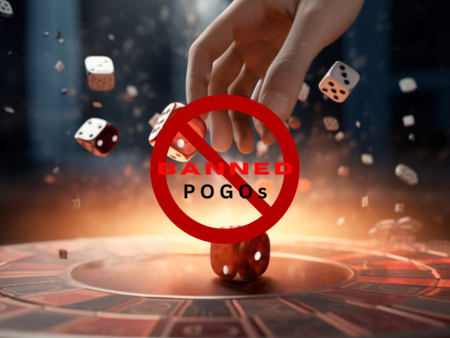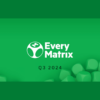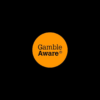Earlier this year, GambleAware found itself at the center of a complaint filed with the Charity Commission by the Good Law project. The complaint alleged that the charity’s close ties to the gambling sector undermine its efforts to prevent gambling harm and provide support for those affected by problem gambling. However, GambleAware’s CEO, Zoë Osmond, has spoken out to address the concerns and misinformation surrounding the charity.
Clarifying the Situation
Zoë Osmond emphasized that the complaint lodged with the Charity Commission contained misleading and outdated information. While acknowledging the concerns raised, she reassured the public that GambleAware remains committed to its mission of preventing gambling harm and providing education, treatment, and support for those affected by problem gambling. Osmond expressed confidence that the complaint would not be upheld, citing the charity’s robust governance and commissioning practices that ensure independence from the gambling sector.
Importance of Support Services
Osmond highlighted the vital role that GambleAware plays in providing support and treatment for individuals experiencing gambling-related issues. She stressed the importance of maintaining trust in the charity’s services, as many individuals affected by gambling harm may already face stigma and reluctance to seek help. Osmond urged anyone impacted by gambling harm to reach out to GambleAware for assistance and support.
Maintaining Independence
Addressing concerns about the charity’s relationship with the gambling industry, Osmond reiterated that GambleAware operates independently, with strict governance measures in place to prevent undue influence from the sector. She emphasized that the charity’s independence has been widely recognized by various stakeholders, including the government, as evidenced in the Gambling White Paper.
Conclusion: The Challenges and Complaints
Despite the challenges and complaints faced by GambleAware, the charity remains steadfast in its commitment to supporting those affected by gambling harm. Through robust governance practices and a dedication to independence, GambleAware continues to provide vital services to individuals and families impacted by problem gambling. As the charity works to address misinformation and uphold its reputation, it encourages anyone in need of support to reach out for assistance.
FAQs about GambleAware’s Response to Complaint and Misinformation
1. What complaint was filed against GambleAware earlier this year?
The Good Law project filed a complaint against GambleAware with the Charity Commission, alleging that the charity’s close ties to the gambling sector undermine its efforts.
2. What does the complaint allege regarding GambleAware’s mission?
The complaint alleges that GambleAware, instead of helping gamblers to stop engaging in the activity, encourages them to “gamble responsibly.”
3. How does GambleAware fund its operations?
GambleAware receives funding through a 0.1% statutory levy, which may potentially increase to 1%, providing additional funding for its activities.
4. What response did GambleAware’s CEO, Zoë Osmond, provide to the complaint?
Zoë Osmond addressed concerns raised by the complaint, stating that it contained misleading and outdated information. She expressed confidence that the complaint would not be upheld.
5. What is emphasized about GambleAware’s independence from the gambling sector?
Osmond highlighted GambleAware’s robust governance and commissioning practices, ensuring independence from the gambling industry’s influence.
6. How does GambleAware provide support for individuals affected by gambling harm?
GambleAware offers vital support and treatment services for individuals experiencing gambling-related issues.
7. What does Osmond urge individuals impacted by gambling harm to do?
Osmond urges anyone affected by gambling harm to reach out to GambleAware for assistance and support.
8. How does GambleAware ensure trust in its services?
GambleAware maintains trust in its services by operating independently and adhering to strict governance measures.


















